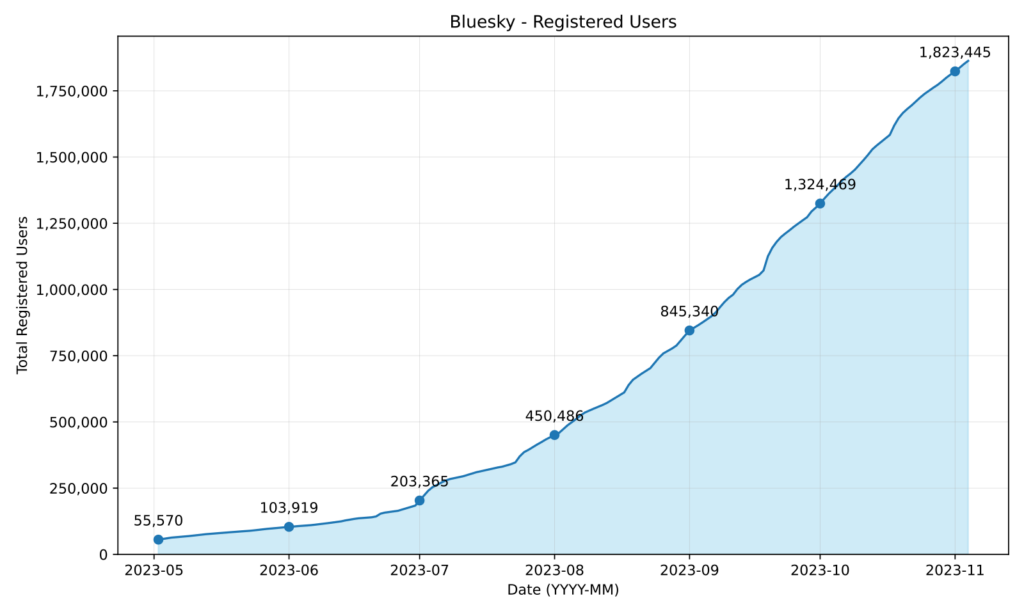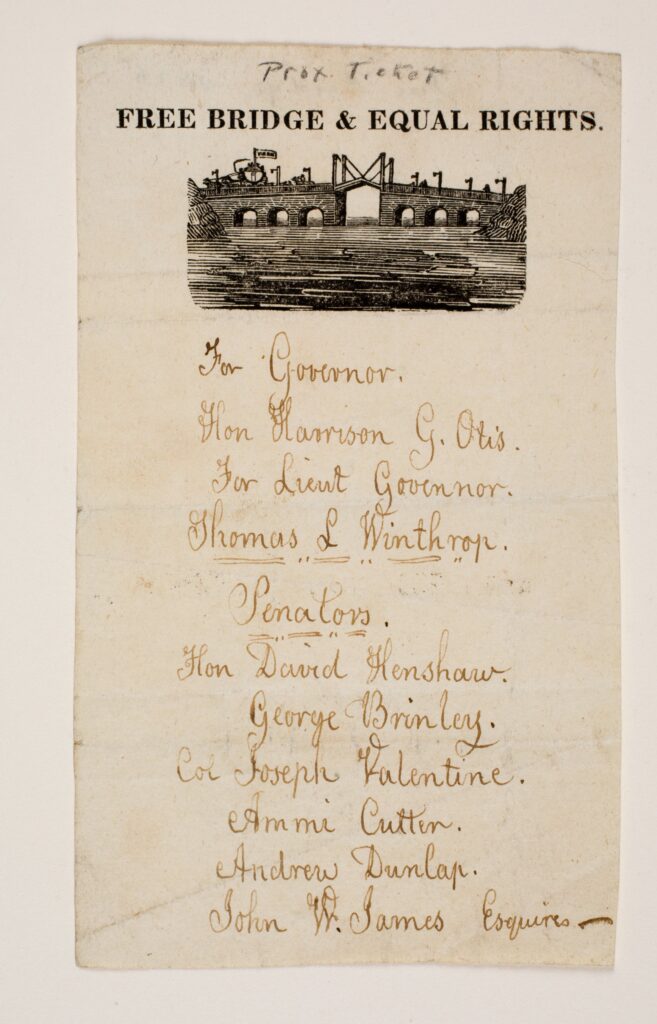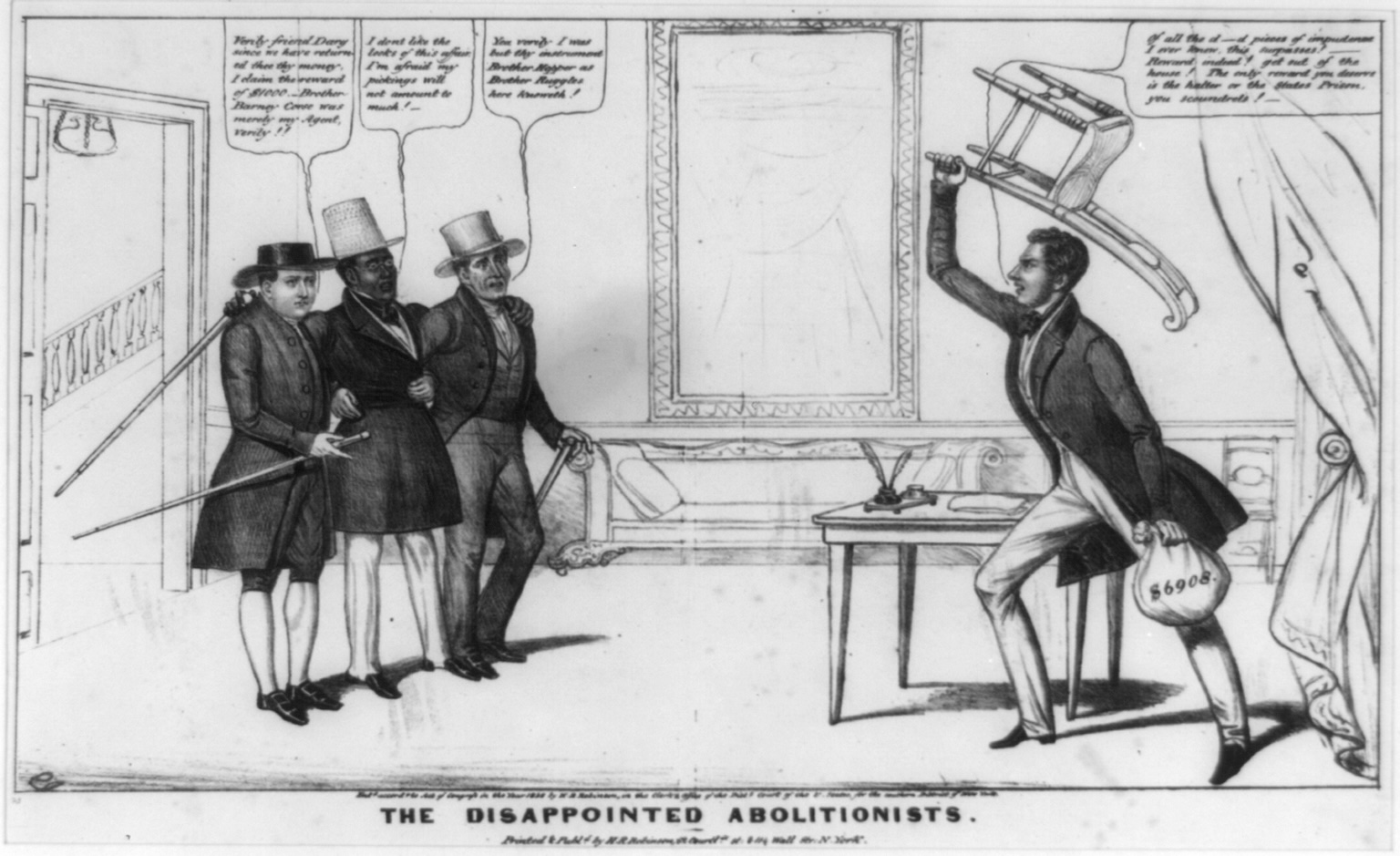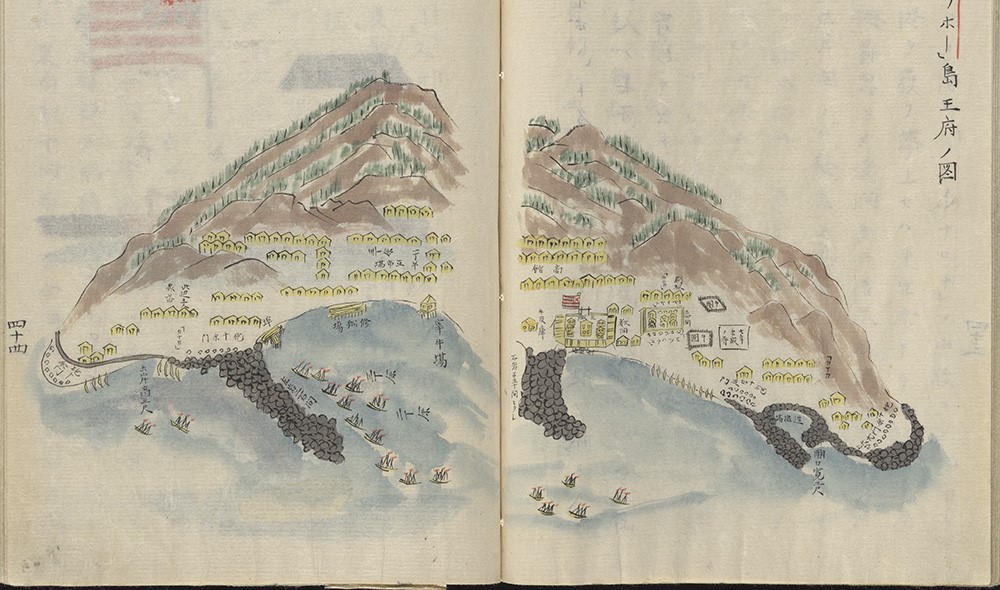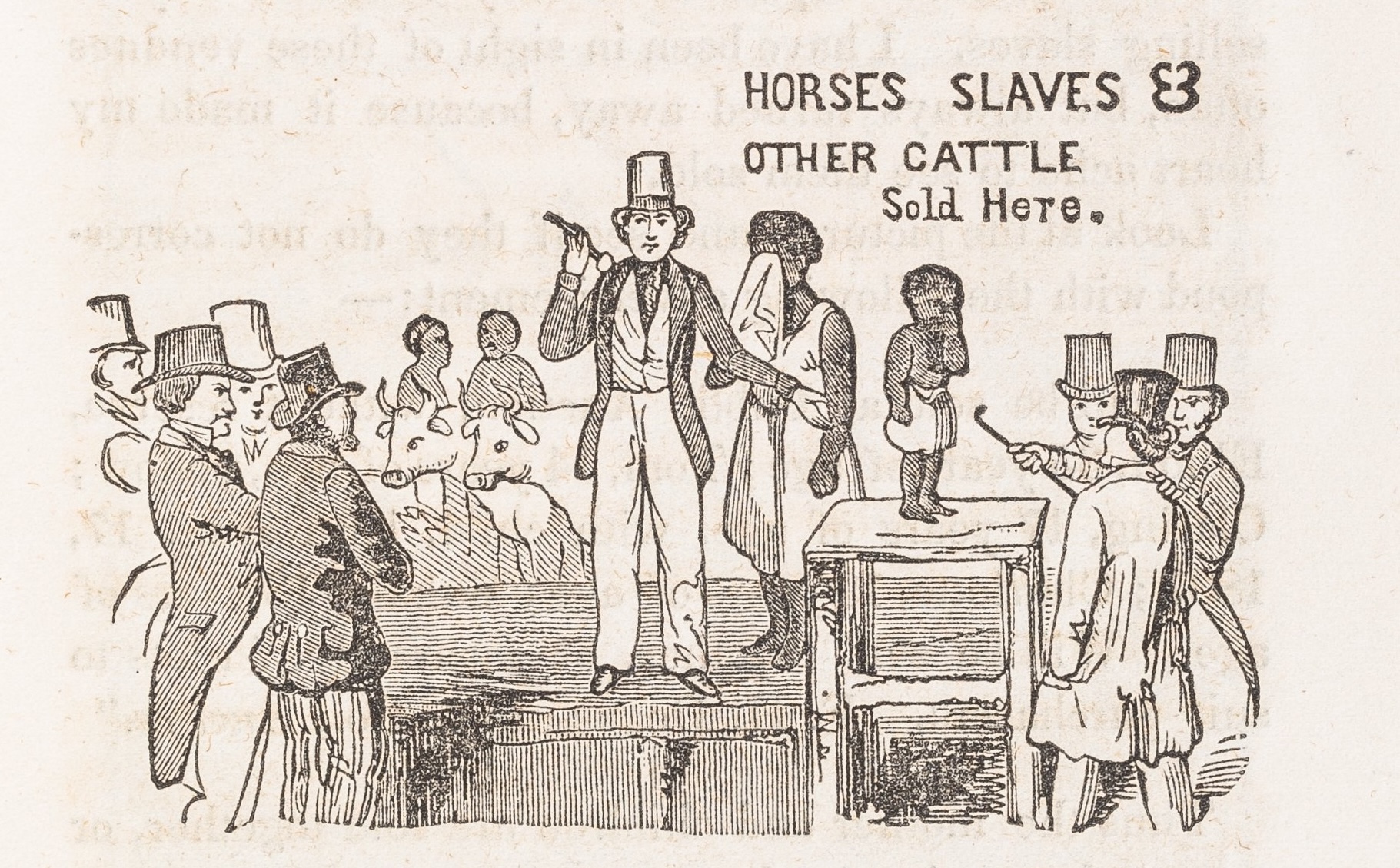It is that time of year again when I point you to Leon Jackson’s excellent article on the newspaper carrier’s New Year’s address and give you an update on what is going on at Commonplace while hitting you up for contributions (no money is necessary, just submissions). In my last editor’s note about social media, I mentioned the tough decisions individuals and organizations need to make about where to engage the public and peers at a time when so many platforms are helmed by billionaires whose statements do not align with our own. As I write this for example, several large corporations from Disney to Comcast are deciding whether to temporarily pause or completely cut advertisements on Twitter in the wake of yet another round of extreme statements by Elon Musk as well as his decision to reinstate the accounts of individuals such as Alex Jones.
Personally, I have recently stopped posting on Twitter and have moved over to an account on Bluesky, while cross-posting historical and Commonplace-related material on the historians.social instance on Mastodon. This is working for me for now, but navigating multiple sites both as a reader and a poster hoping to find engagement for my posts is difficult. The official Commonplace account still posts occasionally on Twitter and discussions are ongoing about whether and how to change this in the future. One of the issues for a small publication like Commonplace is how to communicate with the public if no single shared social media space exists in the way that Twitter did just a couple of years ago. Erin Bartram, an editor at Contingent Magazine and the president of the magazine’s board of directors explained on Bluesky that a series that they run that usually has a great response was now having trouble getting traction. She noted that she “could not express to you how much Twitter’s collapse combined with no clear alternative site for sharing and engaging with print pieces crushed readership for what is usually one of our best-read set of pieces each year.” Will Twitter finally collapse, forcing a more clear-cut successor or will things continue to fracture? With the news that Bluesky is moving to open access from its current invitation-only model early this year, it may become a more important destination for people looking for an alternative to Twitter, but that is far from clear. I will try to keep you posted (literally).



